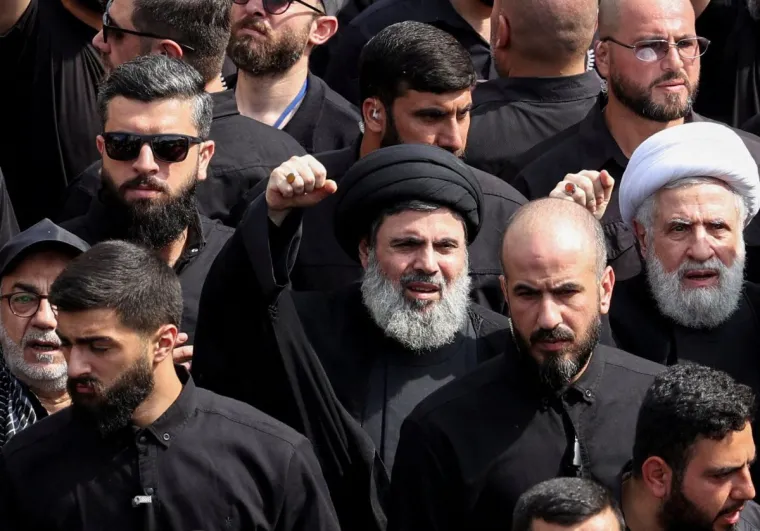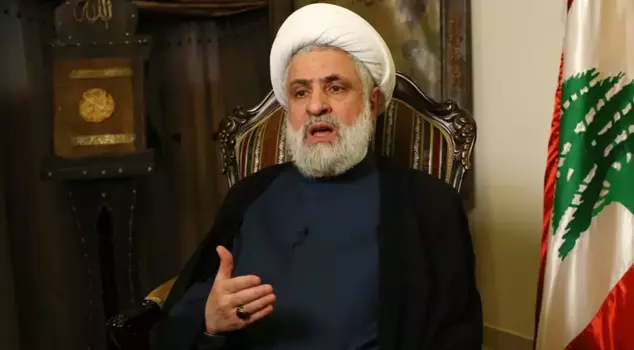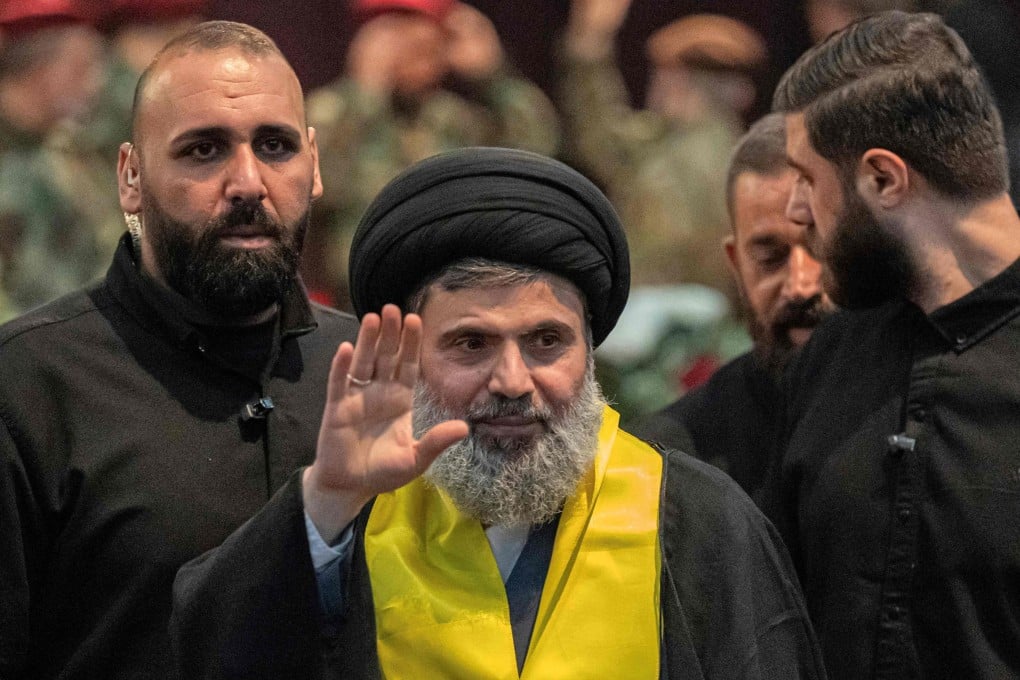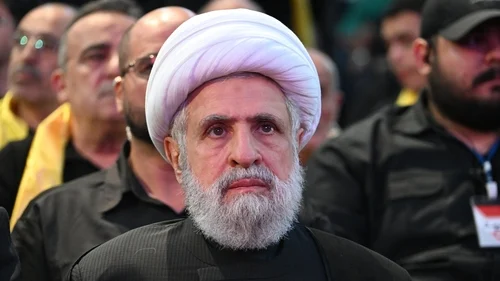In a significant development for the Lebanese militant group Hezbollah, Naim Qassem has been elected as the new Secretary General, following the death of Hassan Nasrallah due to an Israeli airstrike on September 27. The announcement, made on Tuesday, marks a pivotal moment for the group, which has been a dominant force in Lebanese politics and a key player in regional conflicts.
The decision to appoint Qassem, 71, was made by Hezbollah’s Shura Council, the organization’s governing body, which confirmed that the selection adhered to its established mechanisms for leadership transitions. Qassem has been with Hezbollah since its inception and has served as the group’s deputy chief since 1991, initially appointed by Abbas al-Musawi, who was killed in an Israeli attack in 1992.
Since assuming the deputy role, Qassem has been a prominent spokesperson for Hezbollah, often engaging with international media. His leadership style, however, has been met with mixed reactions, as many view him as lacking the charismatic presence that defined Nasrallah’s tenure. Nevertheless, he has been active in addressing recent developments, including the ongoing tensions between Hezbollah and Israel.

Nasrallah’s death was a shocking event not only for Hezbollah but also for Lebanon and the wider region. He had been a central figure in the group’s operations and a key player in the Lebanese political landscape for over two decades. His leadership was marked by the expansion of Hezbollah’s influence, both militarily and politically, positioning the group as a formidable force against Israel and a significant actor in the Syrian civil war.
In the wake of Nasrallah’s assassination, Hezbollah faced a tumultuous period, with significant speculation about its future leadership and strategic direction. The death of Hashem Safieddine, another senior figure considered a potential successor, merely one week later, added to the uncertainty surrounding the group’s stability.
Since taking over the leadership, Qassem has made efforts to project continuity within Hezbollah. He has delivered multiple televised addresses, articulating the group’s stance on various issues, including support for a ceasefire in Lebanon. His rhetoric aims to assure Hezbollah’s base of loyalty to the group’s established principles while navigating the increasingly volatile regional landscape.
Despite these attempts to solidify his leadership, analysts suggest that Qassem may struggle to garner the same level of support and respect that Nasrallah commanded. His perceived lack of charisma and political savvy may hinder his ability to unify the group and maintain the loyalty of its diverse constituents. As Hezbollah navigates the post-Nasrallah era, Qassem will need to establish his authority while addressing the internal challenges and external threats facing the organization.

The Israeli government was quick to respond to Qassem’s appointment, making a pointed remark on X, indicating that his tenure may be short-lived if he follows the paths of his predecessors. This comment underscores Israel’s long-standing objective to weaken Hezbollah as a military force, emphasizing the persistent threat posed by the group to Israeli security.
In its statement, the Israeli government reiterated its position that dismantling Hezbollah as a military organization is essential for achieving stability in Lebanon and the broader region. This statement reflects the ongoing hostilities between Hezbollah and Israel, which have escalated in recent years amid a backdrop of broader geopolitical tensions involving Iran, Syria, and other regional players.
The appointment of Naim Qassem as Hezbollah’s Secretary General raises questions about the future direction of the group and its role in Lebanon. With rising economic challenges, internal divisions, and external pressures, Hezbollah faces significant hurdles in maintaining its influence. The organization’s responses to Israeli actions and its ability to navigate complex regional dynamics will be crucial in determining its future viability.
Lebanon itself is grappling with a myriad of challenges, including a severe economic crisis, political instability, and public discontent. The presence of Hezbollah, with its military capabilities and political clout, complicates efforts to achieve a unified national response to these pressing issues. As Qassem steps into his new role, his leadership will be scrutinized not only by Hezbollah supporters but also by the Lebanese public, who continue to seek solutions to the country’s many crises.

The transition from Nasrallah to Qassem marks a new era for Hezbollah, one fraught with challenges and uncertainty. As Qassem seeks to solidify his leadership and navigate the complexities of Lebanese and regional politics, the dynamics of Hezbollah’s relationship with both domestic and international actors will be pivotal in shaping its future.
In the coming months, Qassem’s ability to unite Hezbollah’s factions, respond to Israeli provocations, and address Lebanon’s dire economic situation will be closely monitored. The group’s capacity to adapt to a rapidly changing geopolitical landscape and maintain its influence will ultimately determine its legacy and impact on the region’s future stability. As Hezbollah continues to play a central role in Lebanese affairs, the implications of Qassem’s leadership will resonate beyond Lebanon, influencing the broader dynamics of Middle Eastern politics.




